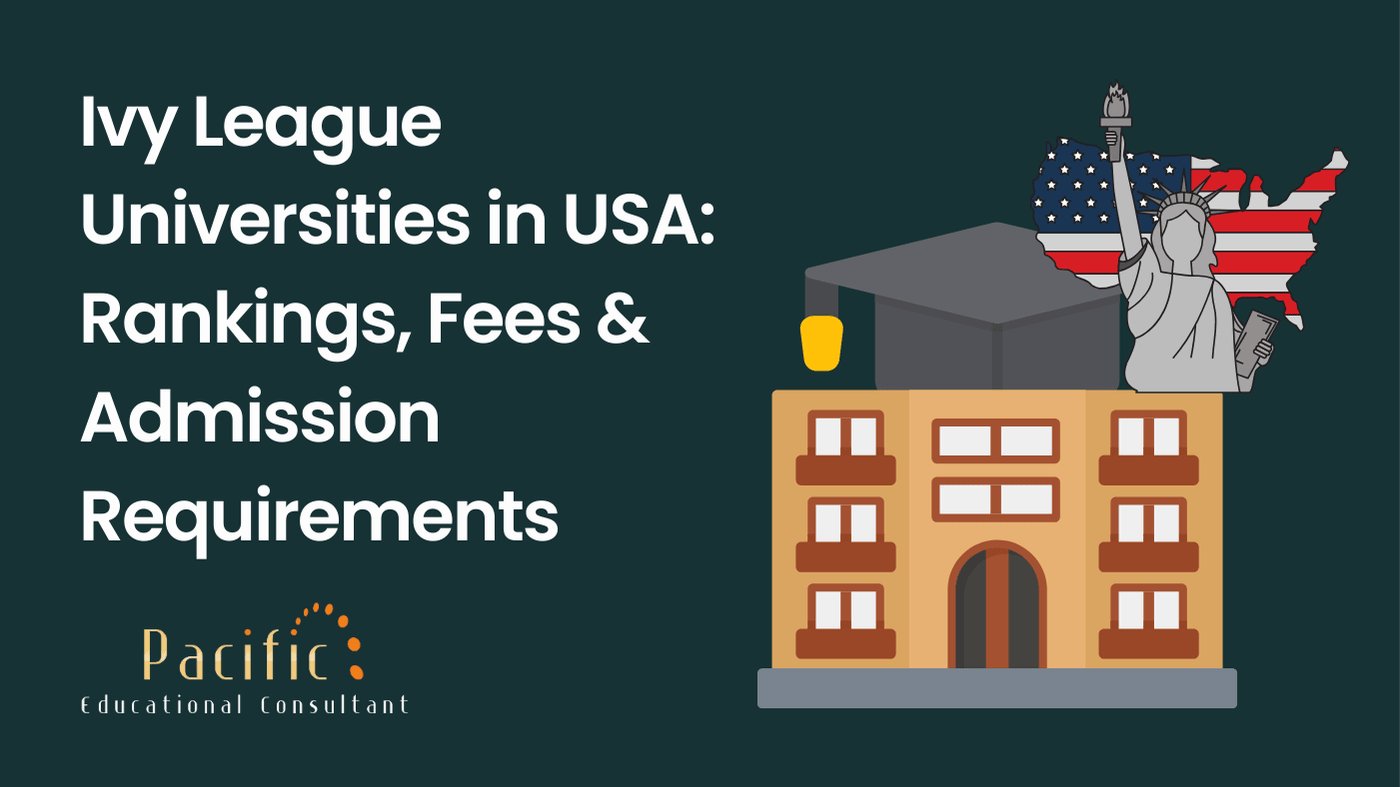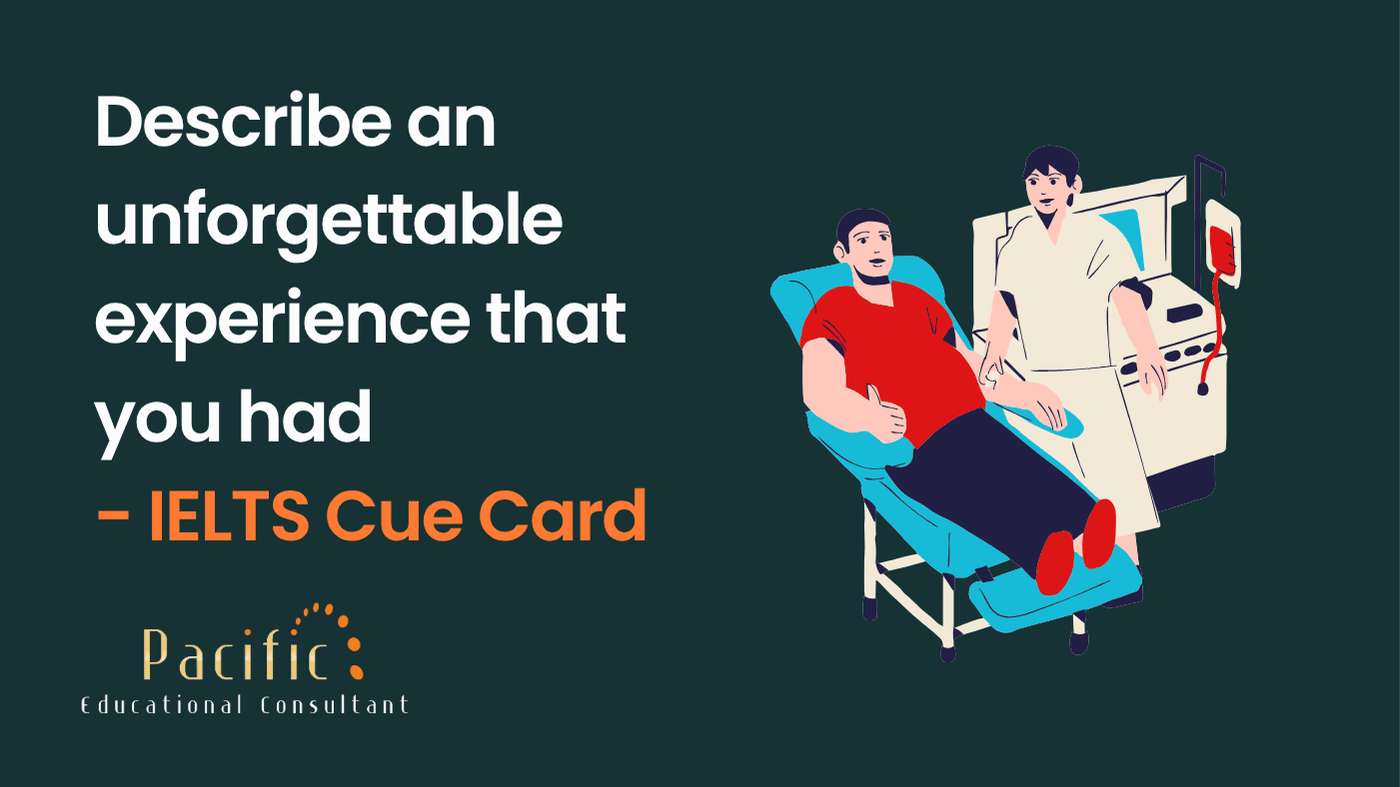


The Ivy League is an elite group of eight private universities in the northeastern United States, known not only for academic excellence but also for their influence, wealth, and selectivity. Below is the official list of Ivy League schools, including their QS and THE rankings for 2025, and locations:
| University Name | QS World Rank 2025 | Location |
| Harvard University | #4 | Cambridge, MA |
| Princeton University | #16 | Princeton, NJ |
| Yale University | #18 | New Haven, CT |
| Columbia University | #23 | New York, NY |
| University of Pennsylvania | #19 | Philadelphia, PA |
| Cornell University | #21 | Ithaca, NY |
| Brown University | #63 | Providence, RI |
| Dartmouth College | #212 | Hanover, NH |
If you're planning to apply to Ivy League universities for a bachelor's degree, here’s what top schools look for in 2025:
SAT/ACT Scores: While most Ivy League schools are now test-optional, submitting a high score can give your application an edge. Aim for SAT scores above 1500 or ACT scores of 34+.
High School Academic Performance: Students from CBSE/ICSE boards should target 95% or above, while IB curriculum students should aim for 40+ points out of 45.
Extracurricular Activities: Demonstrated excellence in leadership roles, Model United Nations (MUNs), Olympiads, startups, or independent research significantly strengthen your profile.
Application Essays: Personal and supplementary essays are critical. These must highlight your passion, personality, and long-term vision.
Letters of Recommendation: Strong references from teachers, principals, or school counselors are essential to vouch for your academic and personal qualities.
English Language Proficiency: International students must submit:
TOEFL iBT: Minimum score of 100+
IELTS: Minimum 7.5 band score
Planning for a Master’s or PhD program at an Ivy League school? Here’s what Indian students should prepare for:
Academic Background: A bachelor’s degree from a recognized Indian university with a GPA of 8.0/10 or 3.5/4.0 and above is preferred.
GRE/GMAT Scores: While many Ivy League grad programs are now test-optional, submitting a strong GRE or GMAT score can significantly improve your chances — especially for competitive programs like STEM or MBA.
Statement of Purpose (SOP): This is your chance to articulate your academic interests, research goals, and professional ambitions. A compelling SOP sets you apart.
Letters of Recommendation: Usually, 2 to 3 LORs are required from academic mentors or professional supervisors who can vouch for your skills and potential.
CV/Resume: Highlight internships, research projects, work experience, and academic achievements that align with your program goals.
English Proficiency Tests:
TOEFL iBT: Recommended score 100+
IELTS: Preferred band score 7.5 or higher
Duolingo English Test: Accepted by many Ivies for convenience and speed.
For Indian students applying to Ivy League colleges for undergraduate (UG) studies, most applications are processed via the Common Application or Coalition Application. Here's the list of documents and eligibility requirements:
Academic records from Class 9 to 12 (CBSE, ICSE, State Board, or IB).
Include predicted scores if applying before final board exam results.
Transcripts must be signed and stamped by school authorities.
SAT / ACT: Optional for most Ivy League schools in 2025, but competitive scores (SAT 1500+ / ACT 33+) greatly strengthen your application.
AP Exams: Not mandatory, but Advanced Placement (AP) scores can improve your academic profile.
SAT Subject Tests: Discontinued by the College Board; not required.
TOEFL iBT: 100+ preferred
IELTS Academic: 7.5+ overall band score
Duolingo English Test (DET): 120+ accepted by some Ivies like Yale, Brown, and Cornell
2 to 3 LORs from:
High school teachers (preferably core subject teachers)
School counselors or principals
Should provide insights into your academic ability, leadership, and personal character.
Required via Common App.
Maximum 650 words.
Should convey your personal story, interests, goals, and why you want to attend an Ivy League university.
Each Ivy League university has unique questions, e.g.:
“Why Columbia?”
“What matters to you and why?”
These essays often hold significant weight in final admission decisions.
Submit a detailed activity list that includes:
Extracurricular achievements
Internships
Competitions
Volunteering
Awards & honors
Accepted as a PDF resume or entered in the Common App Activities Section.
Required for visa processing and for university documentation as an international student.
Bank statements or sponsor letters to prove ability to pay tuition and living costs.
For financial aid applicants: submit income proof, tax returns, and affidavit of support.
Mandatory for applicants in Art, Music, Theatre, Architecture, or Design programs.
Upload via SlideRoom or university's admissions portal.
Not all Ivy Leagues are built the same. Some excel in STEM, while others are stronger in humanities, business, or law. Here's a quick guide for Indian students based on academic interests:
| Program | Recommended Ivy League |
| Computer Science | Harvard, Cornell |
| MBA / Business | UPenn (Wharton), Columbia |
| Public Policy | Princeton (SPIA), Harvard (HKS) |
| Medicine | Yale, Harvard |
| Engineering | Columbia, Cornell |
| Law | Yale, Harvard, UPenn |
Let’s face it — applying to all 8 Ivy Leagues isn’t realistic for most students. Here’s a simple strategy to find the best-fit university:
What do you want to study? What’s your long-term vision? Some Ivies are stronger in certain fields.
Do you prefer a city vibe (Columbia, UPenn) or a quieter college town (Dartmouth, Cornell)?
For a collaborative and flexible learning environment, consider Brown. For rigorous academia, Yale or Princeton may suit you better.
All Ivies offer need-blind admissions for U.S. citizens. For international students, aid is need-aware, but generous.
Look into clubs, mentorship programs, Indian student associations, and mental health support.
Here’s a breakdown of the average cost of studying at an Ivy League school in 2025:
| Cost Component | Estimated Annual Cost (USD) |
| Tuition | $56,000 – $65,000 |
| Room & Board | $15,000 – $20,000 |
| Health Insurance | $2,000 – $3,000 |
| Books & Supplies | $1,500 – $2,000 |
| Personal Expenses | $2,000 – $3,000 |
| Total | $75,000 – $90,000/year |
Graduates of Ivy League universities are often recruited by top companies, research labs, think tanks, and international organizations.
Google, Microsoft, Apple
Goldman Sachs, McKinsey & Co.
The World Bank, United Nations
Amazon, Meta, IBM
Academia & Research Institutes
Average Starting Salary: $75,000 – $120,000 (depending on program and role)
Many Indian students also stay in the U.S. post-graduation via OPT (Optional Practical Training) and later apply for H1-B visas.
There are only 8 Ivy League schools. The term refers to a specific group of universities, not a general classification.
The term originated from an athletic conference formed in the 1950s. "Ivy" alludes to the ivy-covered buildings and long-standing academic traditions of these historic schools.
Although academically comparable, Stanford is not part of the Ivy League because it's located in California and was never part of the original Ivy League athletic conference.
Typically, you need a GPA of 3.7–4.0 (out of 4.0). However, exceptional extracurriculars can balance a slightly lower GPA.
In terms of acceptance rates, Cornell University is often cited as the "easiest," though no Ivy is truly easy to get into.
There’s no "weak" Ivy per se, but Dartmouth or Brown may rank lower in some international rankings. Still, they offer phenomenal education.
Dartmouth College is the smallest Ivy in terms of undergraduate enrollment.
No, MIT is not part of the Ivy League, although it is often considered more prestigious in STEM fields.
This depends on financial aid. However, Harvard is known for offering the most generous aid packages, sometimes making it more affordable than public universities.
Harvard University typically has the lowest acceptance rate, making it the hardest Ivy to get into.
Despite its small size, Dartmouth has a strong emphasis on undergraduate teaching, tight-knit community, and excellent alumni network — boosting its prestige.
Getting into an Ivy League university is a dream that demands dedication, strategic planning, and authenticity. These schools are looking for future leaders, not just perfect scores.
If you're an Indian student aiming high for 2025, now is the time to start preparing your academic scores, personal stories, and application strategy. Each Ivy has something unique to offer — choose the one that aligns best with your values, career goals, and learning style.

Describe a person who helps to protect the environment - IELTS Cue Card

Describe a live performance you enjoyed watching - IELTS Cue Card

Describe a place with a lot of trees that you would like to visit (e.g. a forest, oasis) - IELTS Cue Card

Describe a kind of foreign food you like and you have had - IELTS Cue Card

Bonafide Certificate: Sample, Meaning, Application Letter & Format

Describe something you bought that you really wanted to return - IELTS Cue Card

Describe an unforgettable experience that you had - IELTS Cue Card

Describe a place where you saw animals - IELTS Cue Card

Top Part-Time Jobs in Dubai for Indian Students

Top Safest Countries for Women to Study Abroad in 2026-2027